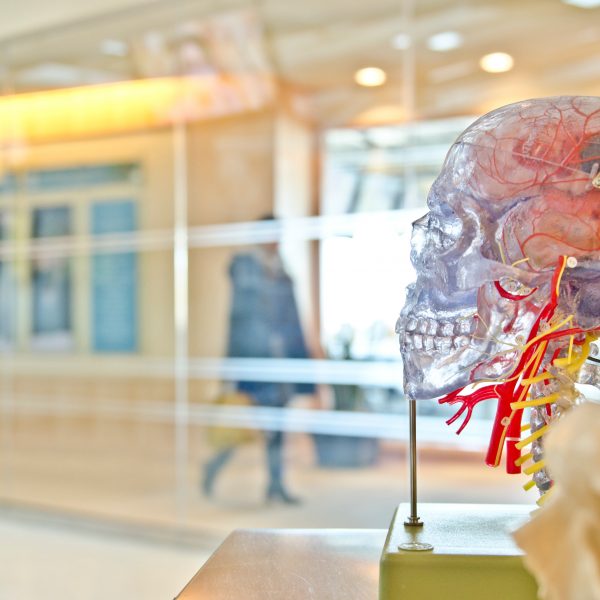The ‘hidden’ disability which could be affecting someone near you

Around 1.2 million Australians currently live with a communication disability, which can be a major factor in relationships, employment, education and social inclusion.
During Speech Pathology Week (25-31 August), Speech Pathology Australia wants to share the message that successful communication is the key to quality of life across all ages, including early childhood, which is why this year’s theme is ‘Communicating with Confidence’.
Speech Pathology Australia’s Acting National President, Belinda Hill, said the hidden nature of communication disabilities, which are “commonly misunderstood and misdiagnosed” can have a real impact on quality of life, making workplace and social conversation challenging.
“We take for granted the everyday activities that other people just simply cannot do. Whether it’s ordering a coffee at the local café, maintaining friendships, getting a job or navigating public transport,” Ms Hill said.
Communication disability is a “catch all” term for conditions which mean the person living with the disability lack the ability to be effectively understood by someone, or understand others.
According to the Australian Bureau of Statistics, 38 per cent of people with a communication disability participate in the workforce, compared to 80 per cent of those without, and almost half of people with a communication disability report a limitation to self-care.
There are many types of communication disabilities across the life span. For some people their communication disability means they get their message across through other means such as electronic voice output devices, word-based or picture-based communication boards or books, sign, gesture and writing.
People with communication disability are at a disadvantage when it comes to employment, education and independence, but speech pathology can help, with Speech Pathology Australia saying such treatment “can be truly life changing”.
Speech pathologists study, diagnose and treat communication disability, including difficulties with speech, language, social skills, reading, writing, stuttering and voice.
A large part of making life easier for those with a communication disability, however, rests with the community, Ms Hill said.
“It’s clear more needs to be done to support people with communication disabilities. Just as ramps have become more embedded in good design for those with physical disabilities, we must consider how to do the same for communication,” said Ms Hill.
“Everyone can take action – and it starts with being more aware and empathetic.”
She offered the following simple tips to aid communication:
- Rephrase something in simple language
- Give the person extra time to respond
- Using pictures, writing, or using sign and gesture or symbols if needed
At an organisational level, measures can include using clear signage with symbols as well as words, providing information in different formats such as audio or written, using plain English and training staff in communication impairments and strategies.
“Making an effort to improve our interactions benefits not only those with communication disabilities, but also the people they are trying to communicate with,” Ms Hill explained.
Popular

Workforce
Policy
Quality
Practice
Provider
Research
ECEC must change now, our children can’t wait for another inquiry
2025-07-02 07:47:14
by Fiona Alston

Events News
Workforce
Marketplace
Practice
Quality
Provider
Research
An exclusive “Fireside Chat” with ECEC Champion Myra Geddes
2025-07-01 11:25:05
by Fiona Alston

Workforce
Practice
Provider
Quality
Research
Supporting successful transitions: Big moves, big feelings
2025-06-26 11:00:30
by Fiona Alston













